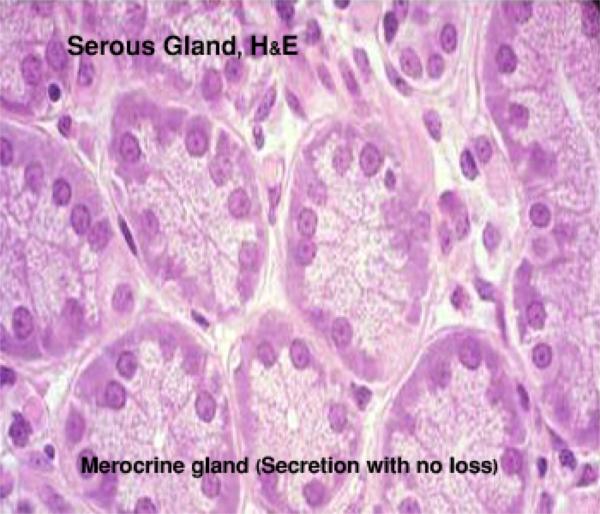Keeping glands in check is crucial for maintaining optimal health and performance. While each gland plays a vital role, here are the top 5 easiest glands to keep in check:
- Thyroid Gland: The thyroid gland regulates metabolism, growth, and development. To maintain its health, ensure sufficient intake of iodine-rich foods like seaweed, seafood, and iodized salt. Regularly monitor thyroid hormone levels through blood tests. A balanced lifestyle, including regular exercise and stress management, also supports thyroid function.
- Adrenal Glands: The adrenal glands help manage stress and regulate blood pressure. Maintaining their health involves adopting stress management techniques like meditation, deep breathing, and engaging in relaxation activities. Prioritize adequate sleep, regular exercise, and a balanced diet. Avoid excessive caffeine and stimulant consumption that can strain the adrenals.
- Pancreas: The pancreas produces insulin for blood sugar regulation. To support its health, maintain a balanced diet low in refined sugars and saturated fats. Include fiber-rich foods, fruits, vegetables, and whole grains in your meals. Regular physical activity and maintaining a healthy weight are also beneficial for pancreatic health.
- Pineal Gland: The pineal gland regulates sleep-wake cycles through melatonin production. Establish a consistent sleep schedule, create a conducive sleep environment, and practice good sleep hygiene. Minimize exposure to artificial light, especially before bedtime, as it can interfere with melatonin production.
- Parathyroid Glands: The parathyroid glands control calcium levels in the body. To maintain their health, ensure sufficient intake of calcium and vitamin D through foods like dairy products, leafy greens, and fortified foods. Regular exercise, especially weight-bearing exercises, promotes bone health and calcium utilization.
While these glands are relatively easier to maintain, it’s important to remember that overall lifestyle practices, including a balanced diet, regular exercise, stress management, and sufficient sleep, contribute to the well-being of all glands. Regular medical check-ups and consultations with healthcare professionals are also essential to monitor and address any potential issues.




